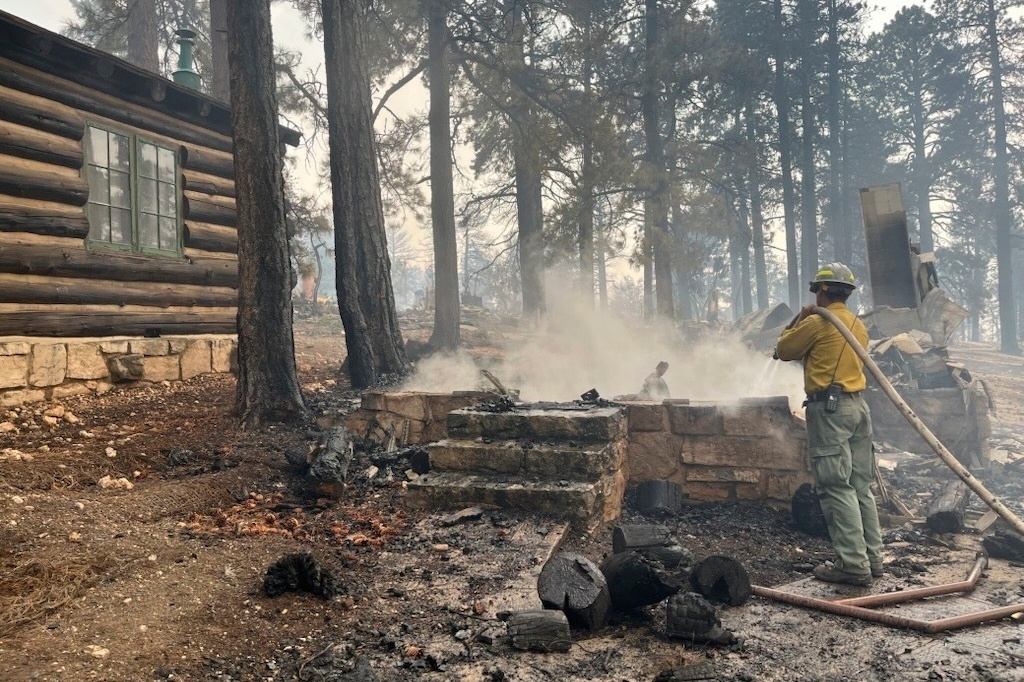
Ted Trimpa is one of the most influential people in Colorado politics. He doesn't hold elected office, but he's had his hands in all manner of issues including gun control, legalizing marijuana, and fracking policy. And The Atlantic has called him the state's answer to Karl Rove, the man who engineered George W. Bush's second presidential victory.
The issue closest to Trimpa's heart, though, is LGBT equality, and he crafted a state strategy that went national and helped lead to last summer's historic Supreme Court decision on gay marriage. Although he rarely does interviews, he spoke with Ryan Warner on the heels of a One Colorado Lifetime Achievement award for his work on gay rights.
On his strategy for changing public opinion on gay marriage:
"If you think about major civil rights movements that have been successful over time, it's hard to find one where it started inside the beltway. You look at the environmental movement, you look at women's rights, you start at the local level, at the state level... And you have older people changing their minds. We all change our minds. And this comes back to my point, which is: You don't get people to change their minds by yelling at them. You get them to change their minds by introducing them to pieces of this world that you're trying to get them to understand. Which is why it's really important for people that are LGBT to be out -- to be very publicly out -- at work and at home, and with your family."
On his reaction to the Supreme Court's decision on gay marriage in June:
"I was at a conference, I was in the room, I heard about the decision. I started reading the decision, because I am a geeky lawyer sometimes. And as I was reading the decision, I then saw President Obama give the eulogy in South Carolina [where a gunman killed nine people in a church]. And it all just kind of hit me in a way that I never expected. I mean I'm kind of a cold-hearted political hack sometimes. And I start crying... And in a matter of 24 hours [my boyfriend and I] were on our way to New York [where I proposed to my boyfriend]."
On what he sees as a similarity between gay marriage and gun control as policy issues:
"In the early days on gay, if you were to parcel out the pieces of relationship recognition -- hospital visitation, leaving property upon death, healthcare decision-making -- each one of those would poll extraordinarily high. But once you package that, like we did in 2006 as civil unions [on the Colorado ballot], all of a sudden you were underwater. The challenge you have with gun violence is background checks, if you have a domestic violence warrant out, or ruling, whatever, you can't have a permit -- all those would poll individually well, but you talk about gun violence generally, then it's poisonous."









